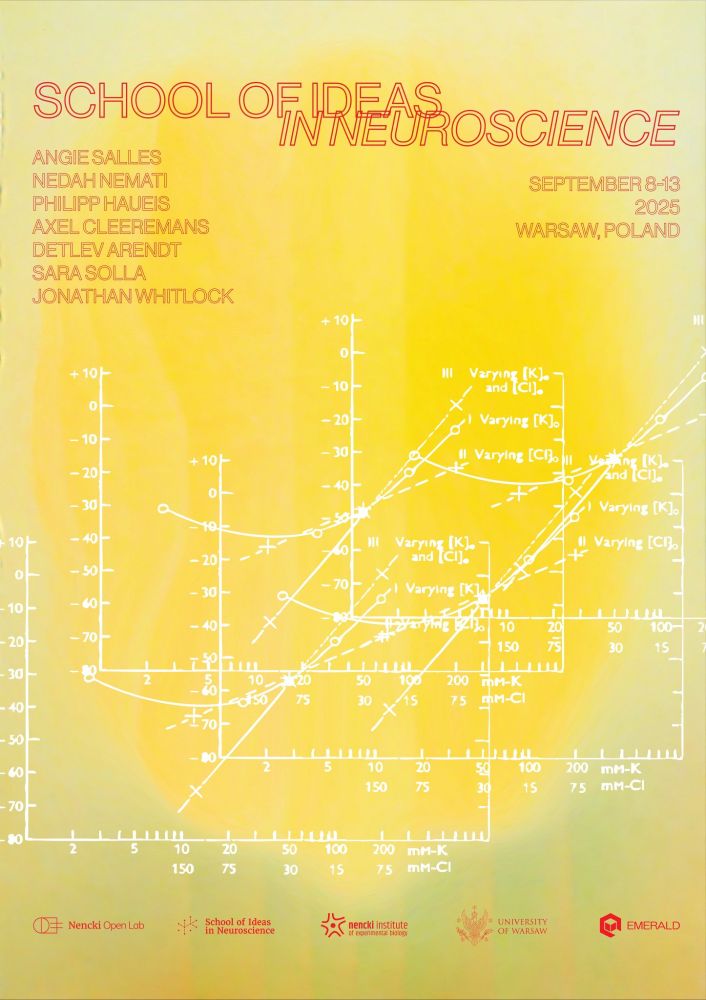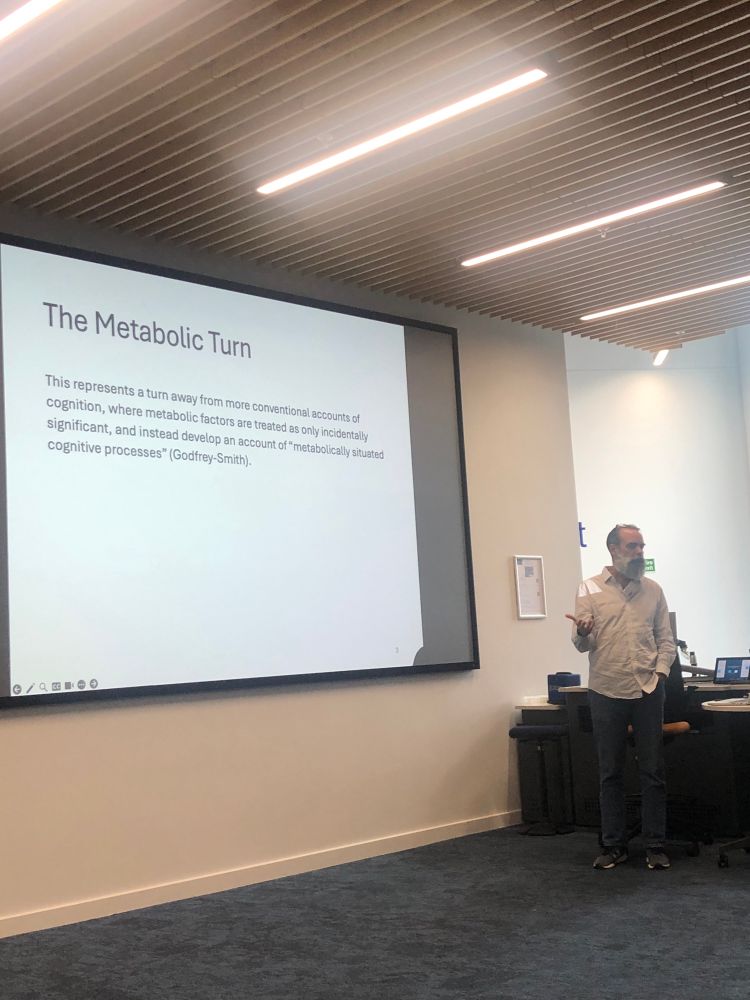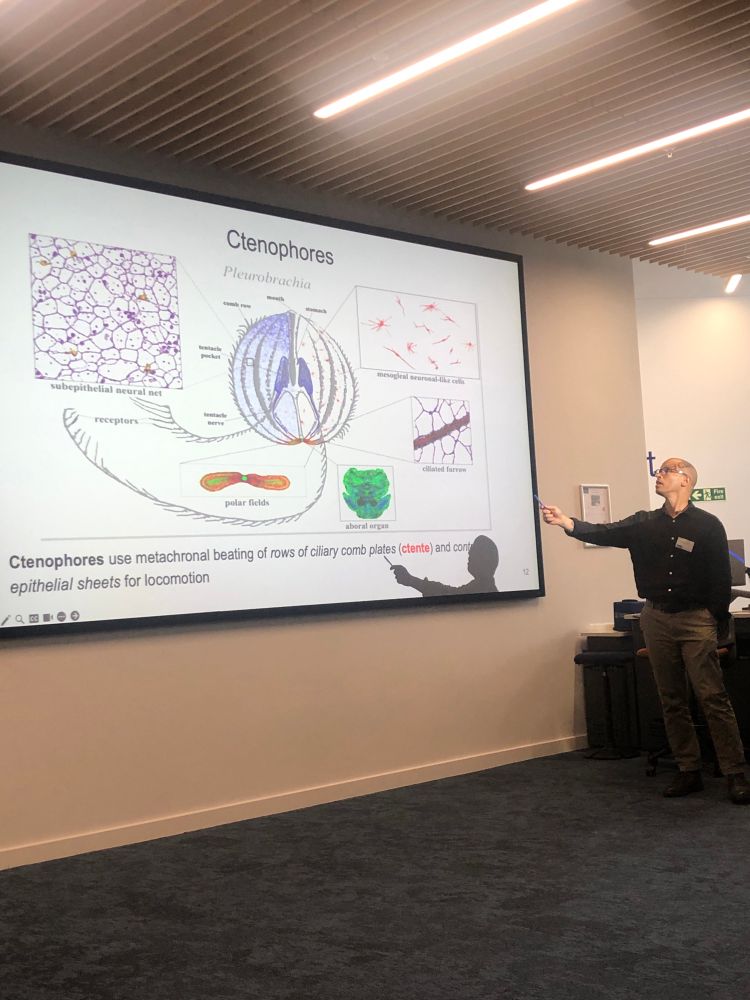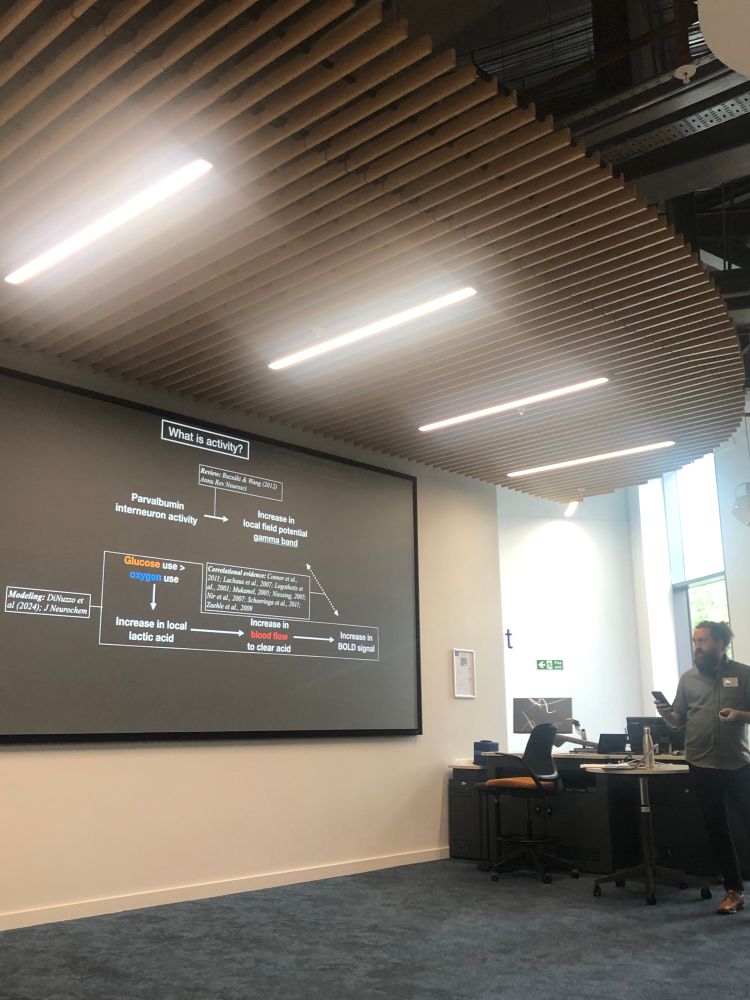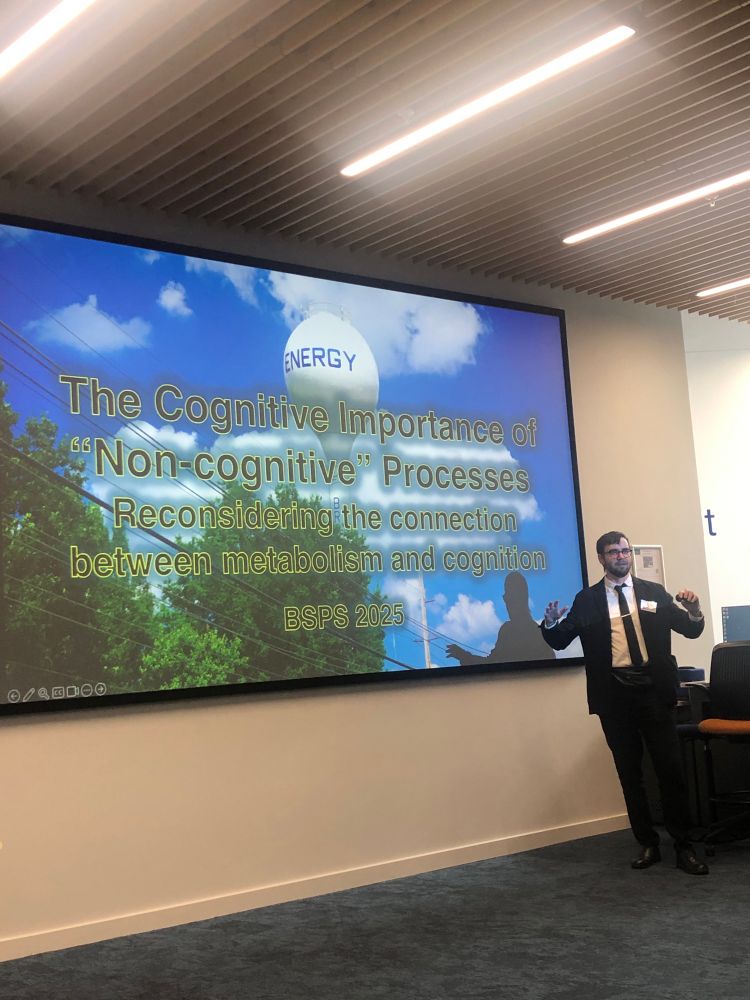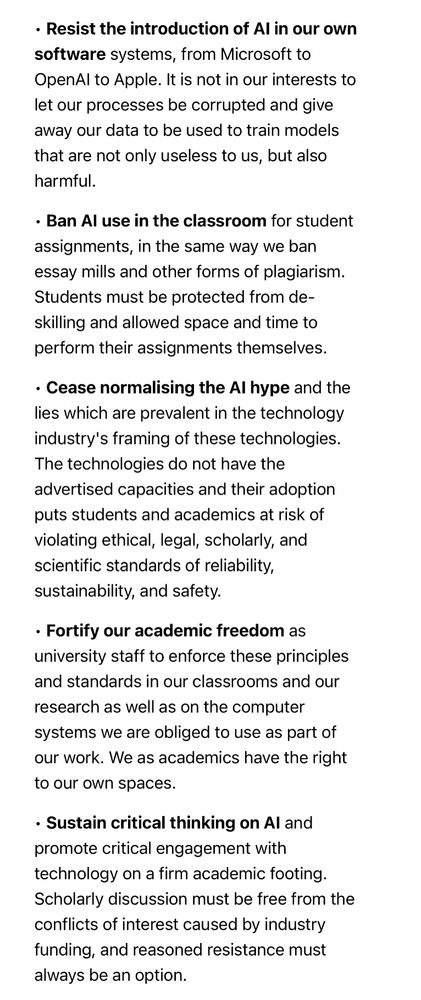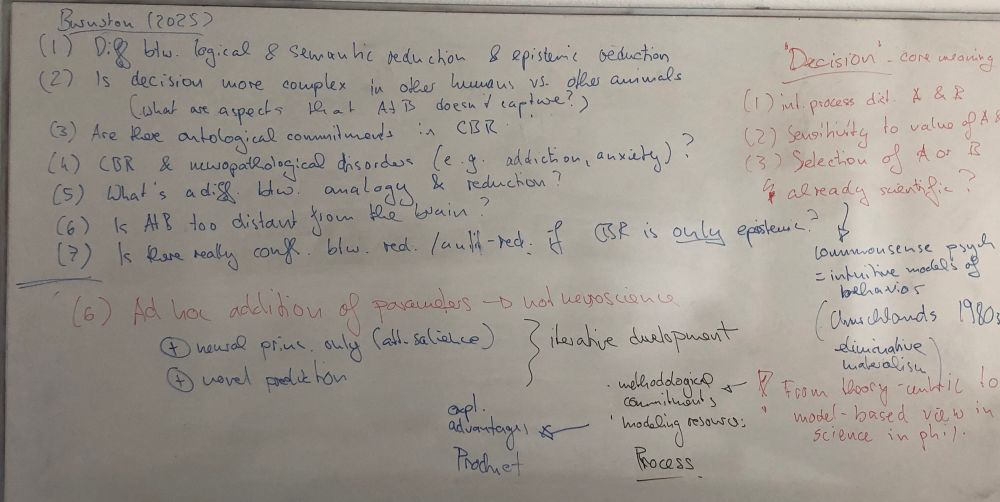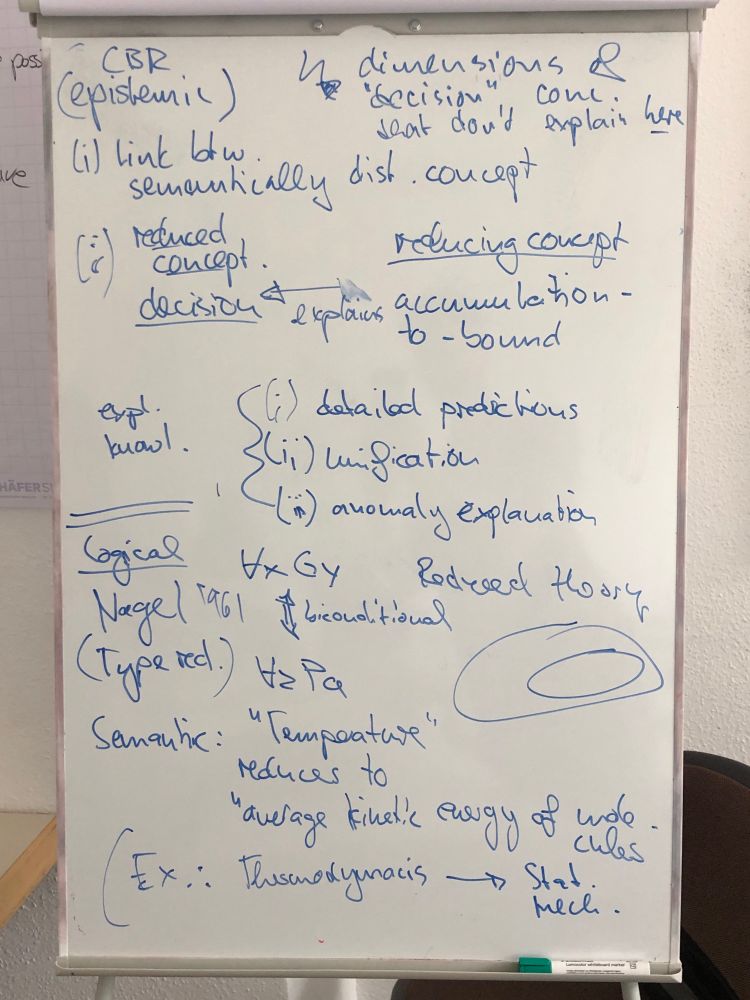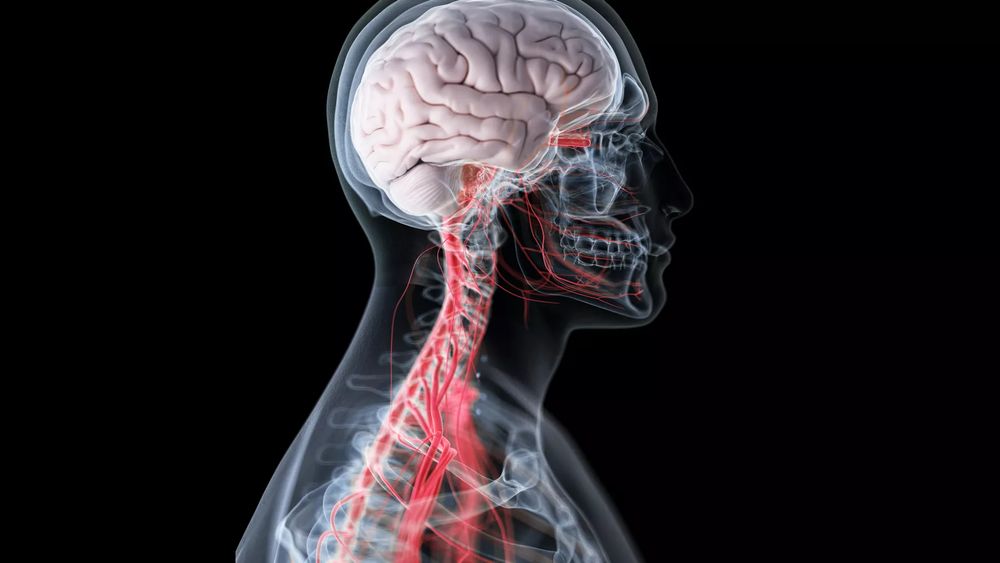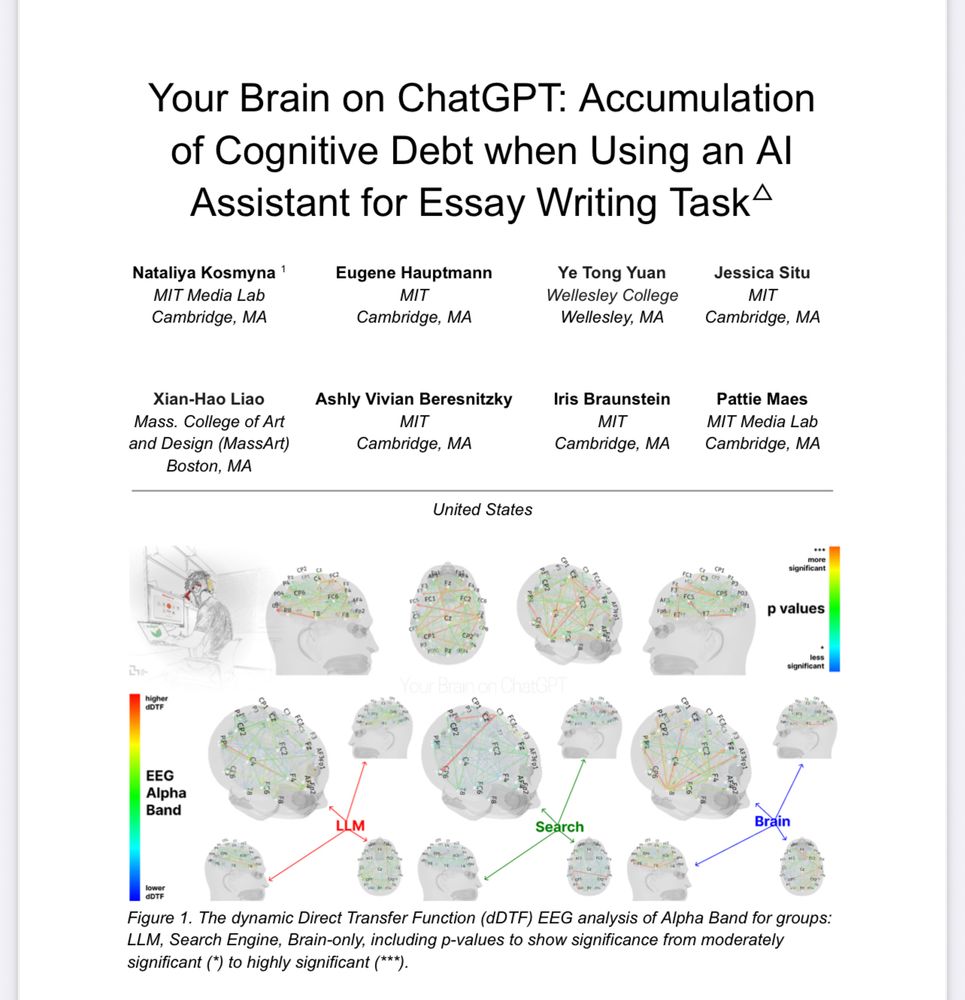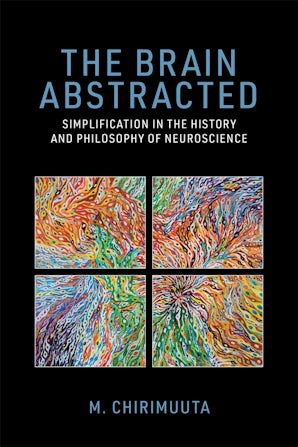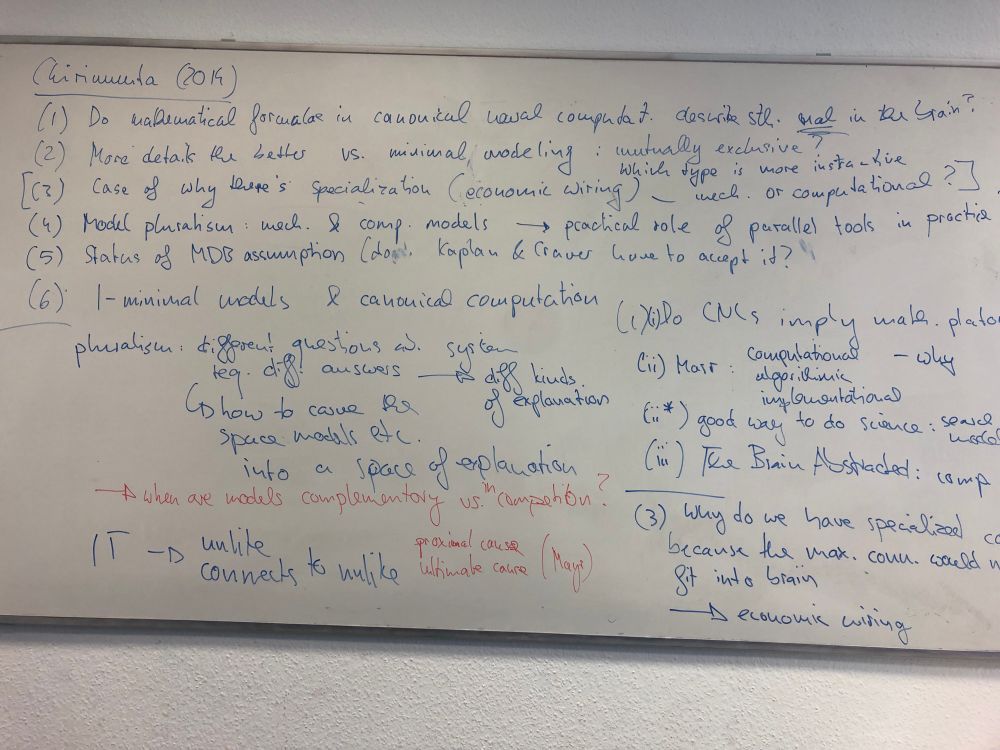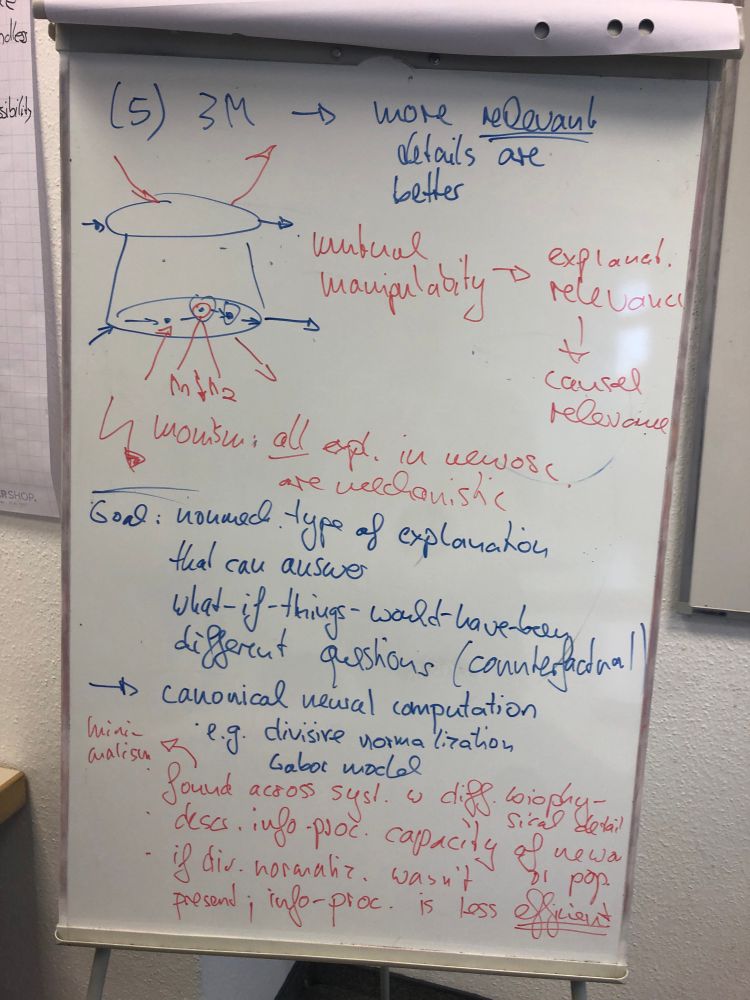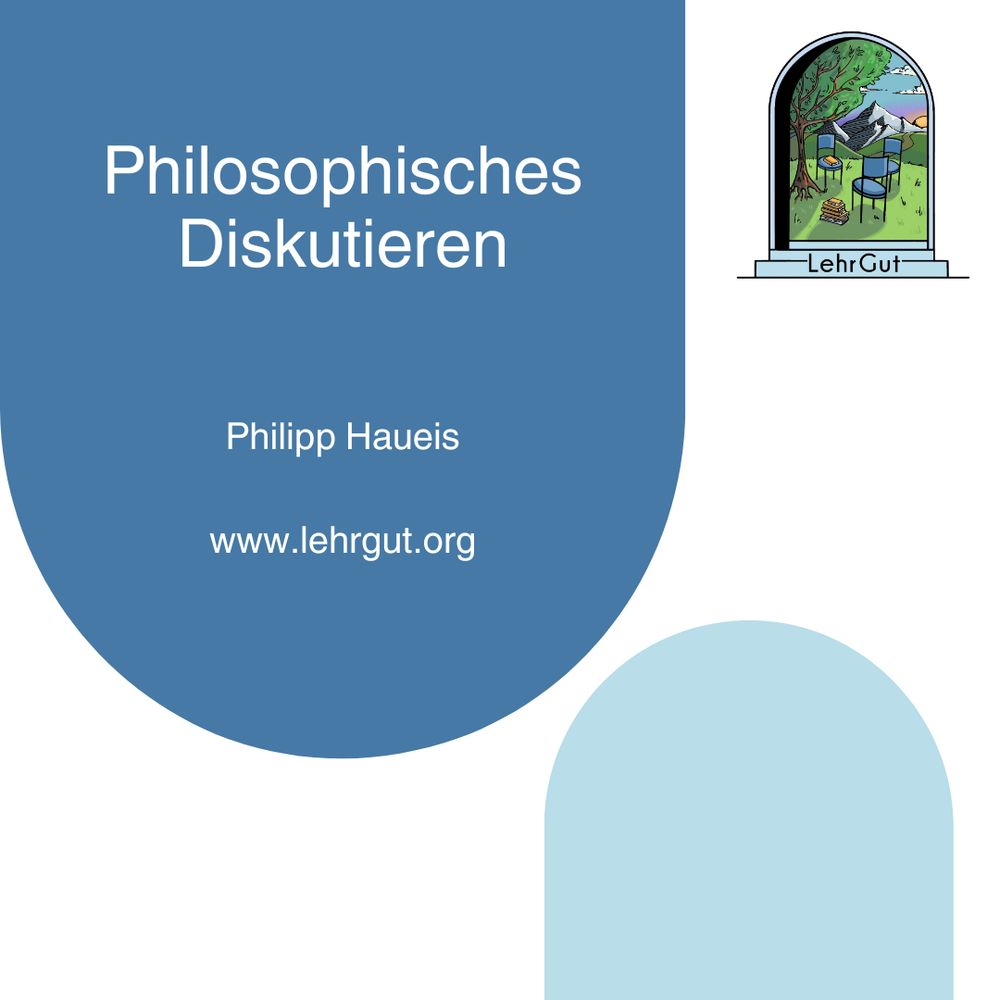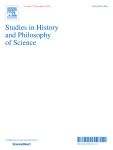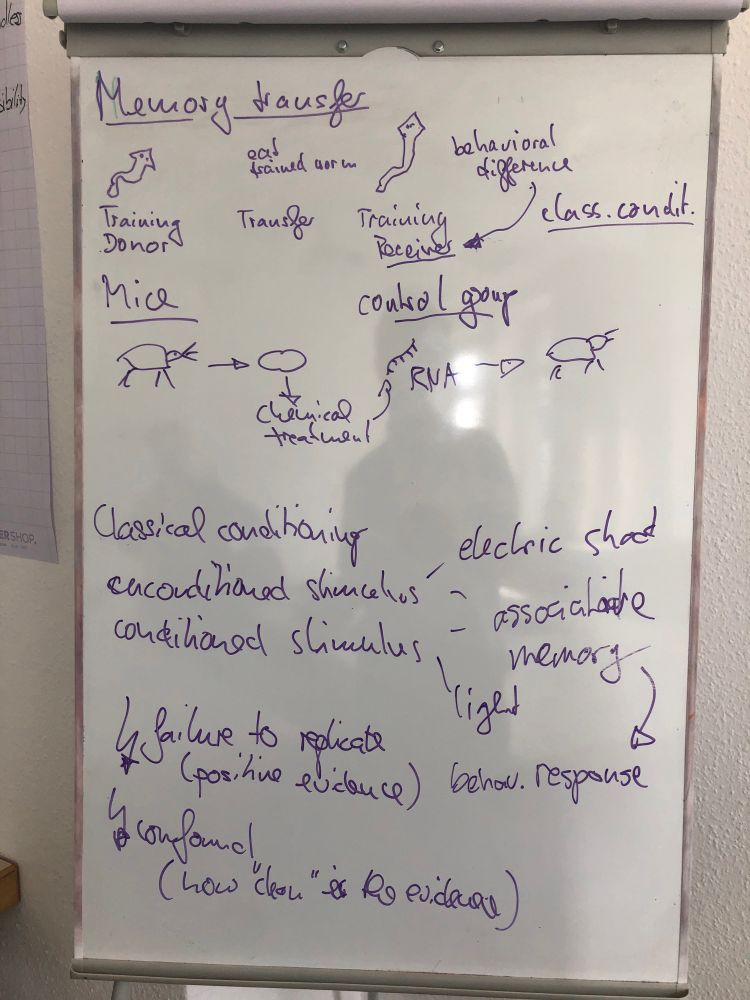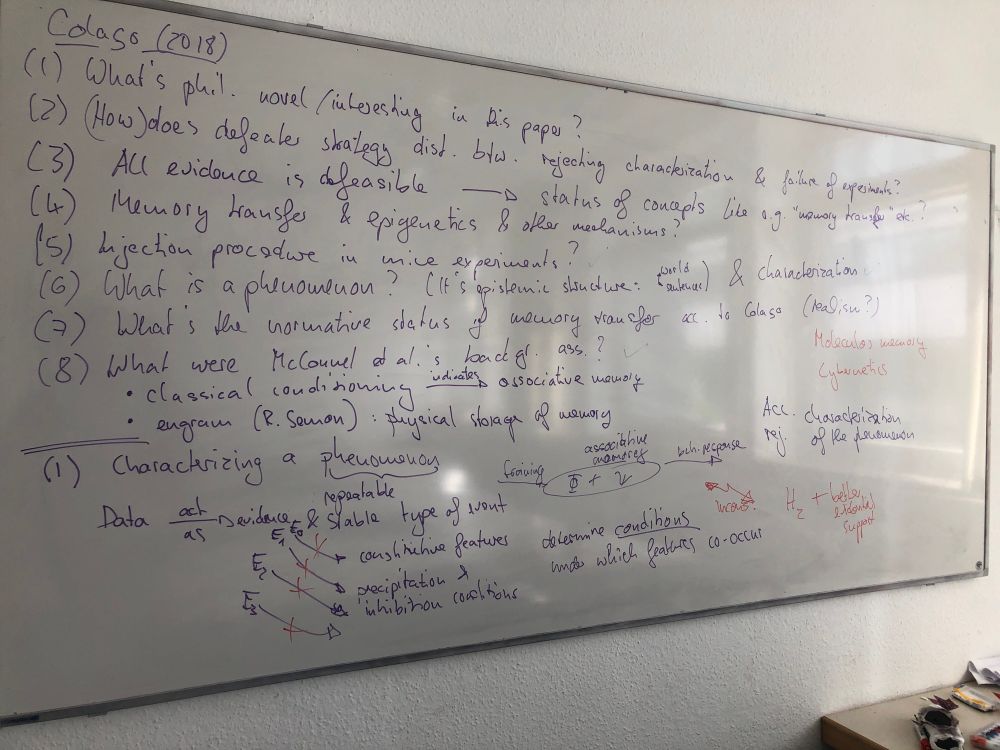Philipp Haueis
@phaueis.bsky.social
1.5K followers
700 following
69 posts
Philosopher of science working on concepts, experiments, multiscale modeling and societal issues in neuroscience and climate research.
Currently assistant prof @ Bielefeld University, Germany
website: philipp-haueis.de
Posts
Media
Videos
Starter Packs
Reposted by Philipp Haueis
Reposted by Philipp Haueis
Philipp Haueis
@phaueis.bsky.social
· Jul 2
Philipp Haueis
@phaueis.bsky.social
· Jul 2
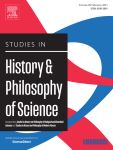
The death of the cortical column? Patchwork structure and conceptual retirement in neuroscientific practice
In 1981, David Hubel and Torsten Wiesel received the Nobel Prize for their research on cortical columns—vertical bands of neurons with similar functio…
www.sciencedirect.com
Philipp Haueis
@phaueis.bsky.social
· Jul 2
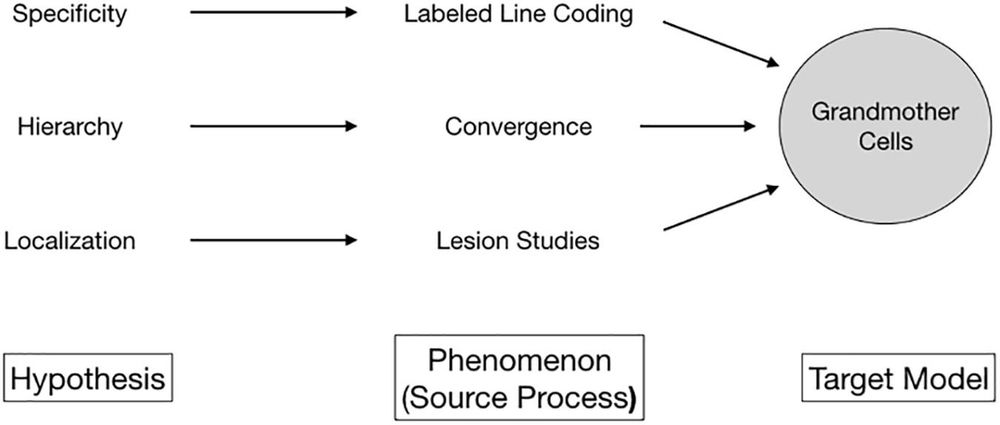
Frontiers | The Value of Failure in Science: The Story of Grandmother Cells in Neuroscience
The annals of science are filled with successes. In footnotes do we hear about the failures, the cul-de-sacs, and the forgotten ideas. Failure is how researc...
www.frontiersin.org
Reposted by Philipp Haueis
Philipp Haueis
@phaueis.bsky.social
· Jun 21
Philipp Haueis
@phaueis.bsky.social
· Jun 21
Philipp Haueis
@phaueis.bsky.social
· Jun 18
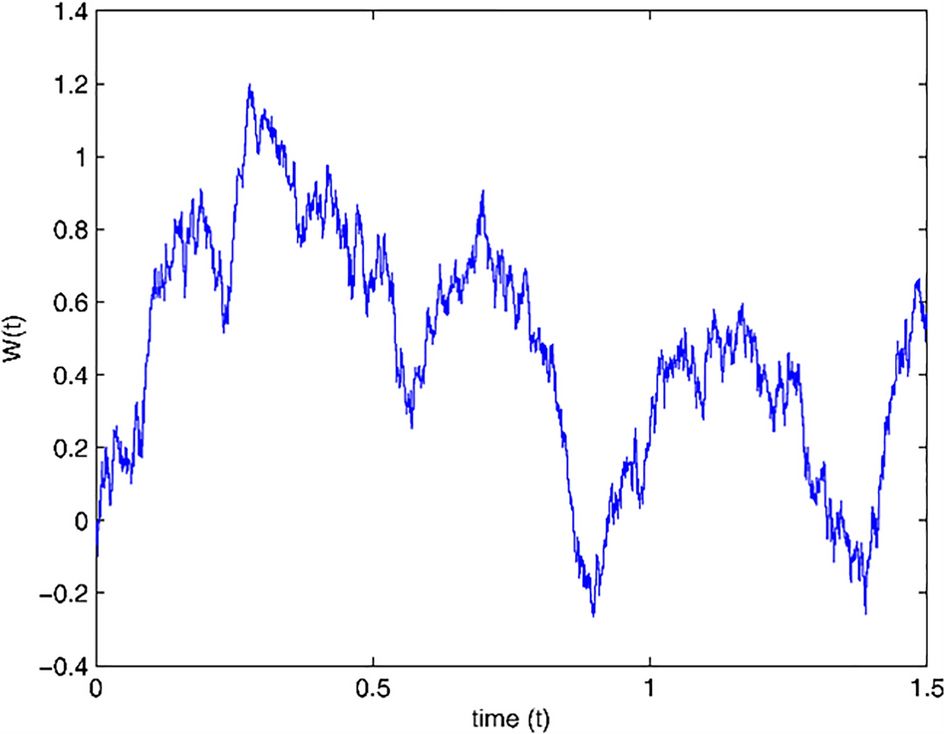
Epistemic reduction of the concept of ‘decision’ - Synthese
“Reduction” is a widely rejected view of how commonsense psychological notions relate to neuroscience. I argue that there is a particular view of reduction on which reduction of the key commonsense co...
link.springer.com
Philipp Haueis
@phaueis.bsky.social
· Jun 18
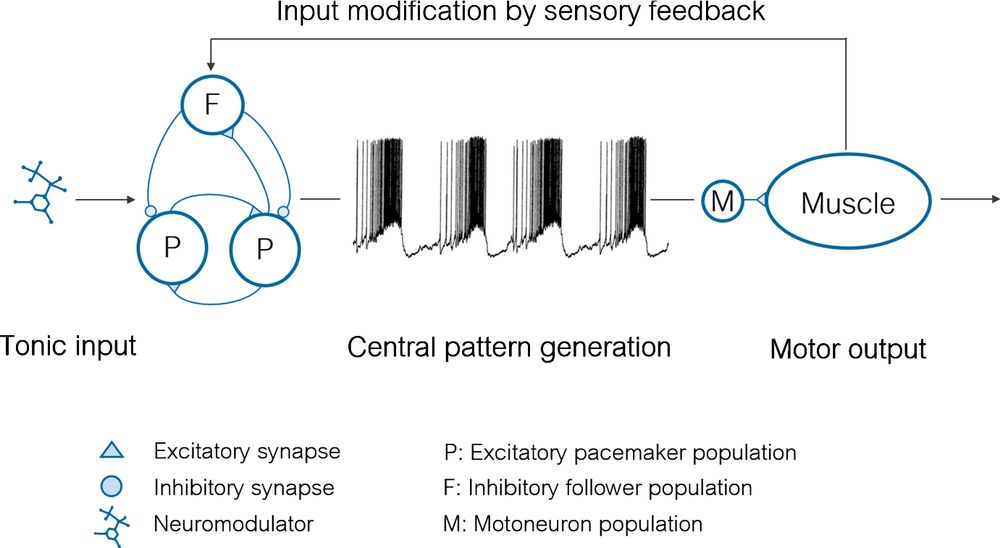
Beyond cognitive myopia: a patchwork approach to the concept of neural function - Synthese
In this paper, I argue that looking at the concept of neural function through the lens of cognition alone risks cognitive myopia: it leads neuroscientists to focus only on mechanisms with cognitive fu...
link.springer.com
Reposted by Philipp Haueis
Reposted by Philipp Haueis
Reposted by Philipp Haueis




